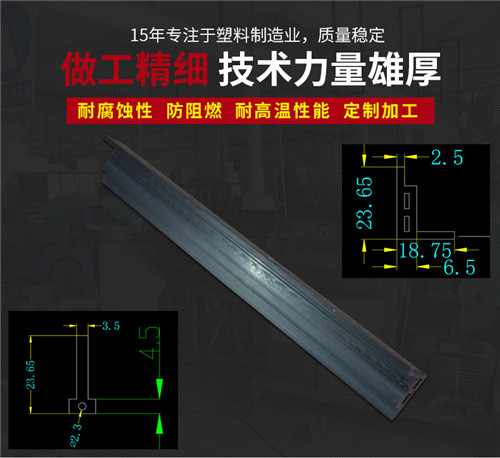
Phone Number :
07 08, 2023

The use of PVC (Polyvinyl Chloride) hoses in pollution control has gained significant attention in recent years. This article aims to provide a comprehensive assessment of the application effects and environmental impact of PVC hoses in pollution control. It evaluates the advantages and disadvantages of using PVC hoses, highlights their efficiency in pollution control, and discusses their potential environmental implications.
PVC hoses have proven to be highly effective in pollution control applications. Their flexible nature allows for easy maneuverability, making them ideal for various pollution control activities. PVC hoses are commonly used for air pollution control in industries such as mining, construction, and manufacturing. They are efficient in capturing and transferring various pollutants, such as dust, gases, and vapors, preventing their dispersion into the environment.
Furthermore, PVC hoses are resistant to chemical reactions, ensuring that they can handle a wide range of pollutants without deteriorating. Their high durability and resistance to abrasion make them suitable for long-term use in harsh working environments. PVC hoses also exhibit excellent elasticity and memory, enabling them to regain their original shape after being bent or twisted, maintaining consistent and efficient pollution control performance.
While PVC hoses offer numerous advantages, it is crucial to consider their potential environmental impact. PVC is a thermoplastic polymer that, during production, involves the use of chlorine gas and other chemicals. The manufacturing process can release harmful emissions, including dioxins and vinyl chloride. Therefore, it is essential to ensure that manufacturers adhere to strict environmental regulations and employ responsible manufacturing practices to mitigate these concerns.
Another consideration is the disposal of PVC hoses. Improper disposal can lead to environmental pollution and pose risks to ecosystems. It is crucial to promote proper waste management practices, including recycling and responsible disposal, to minimize the environmental impact of PVC hoses. Reusing or recycling PVC hoses can help reduce the need for new production and decrease the overall environmental footprint.
Overall, PVC hoses have proven to be efficient tools in pollution control. Their flexibility, durability, and resistance to chemical reactions make them suitable for a wide range of applications. However, it is essential to consider their environmental impact. By implementing responsible manufacturing practices and promoting proper waste management, the negative environmental implications of PVC hoses in pollution control can be minimized. With proper usage and disposal, PVC hoses can continue to play a significant role in preventing environmental pollution and maintaining a cleaner, healthier world.